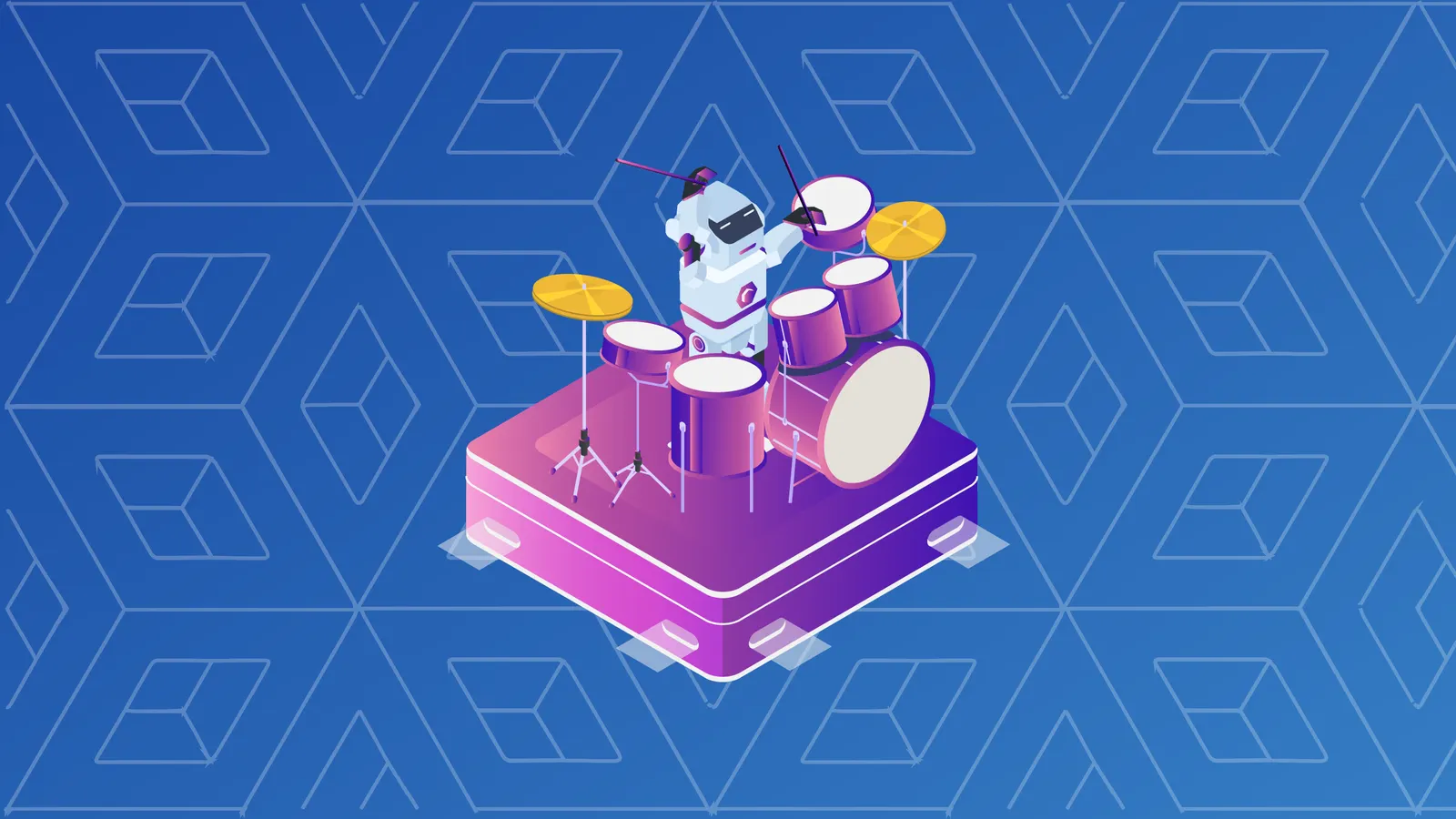Music created by artificial intelligence (AI) is likely to continue to proliferate in the years to come. Some experts believe it could even displace human-made music in some scenarios. There are a host of settings and platforms that include music, though, and AI’s impact on some of these could be greater than others. Music is found on the radio, in concerts, on streaming platforms, in television, movies, commercials, podcasts, and much more. Which of these areas is most likely to see an influx of AI-generated sounds?
Mood-Based Settings
Many AI music tools of today are well-suited to creating mood-based or atmospheric music. Amper, Mubert, Google’s MusicLM, and other generative AI systems all design music that is suitable for background use. Imagine a sonic landscape that may help users sleep comfortably, or study, read, or feel calm.
There are even tools like the AI system Aimi that facilitate potentially endless music, which could be especially appropriate for this kind of atmospheric music setting. Aimi, like many other music AIs, allows users to create music by specifying certain features and then making adjustments to factors like melody, tempo, and so on. Users can share their creations with others on the platform. But a key feature is that the AI behind Aimi allows a listener who may particularly like one track to continue to listen to that track for an indefinite period of time without having to go back and replay it.
Soundtracks, Commercials, and Podcasts
Another place AI music is likely to meet success is in areas where it is necessary to produce a musical component quickly. The film and television industries rely on speedy work by soundtrack composers and music supervisors to match music with a perfect emotional connection and specific timing requirements to the visuals. Likewise, commercials, podcasts, and other multimedia entertainment forms that utilize music are liable to benefit from easy access to music that fits a specific theme, style, or character. As AI-based music improves and copyright concerns get ironed out, these industries may look to AI even more as a way to cut costs on artist fees and royalties.
Streaming Platforms
The ease of creating music with AI coupled with the possibility for individual users to upload their creations to platforms like Soundcloud means that AI-generated music is likely to proliferate on streaming sites. There is also another important reason why businesses like Spotify might like to encourage AI-created music: it may reduce the need to pay royalties to individual artists. Though Spotify’s relationship with the musicians featured on its platform has already come under attack, the company is obligated to pay royalty fees based on streams through its site and app. In a scenario in which Spotify could feature tracks created entirely by computers (and without the potential copyright concerns which currently plague AI music generators), it could potentially steer listeners away from human artists and thus pay out less in royalty fees.
Another Possibility: AI Music Stays Personal
As it currently stands, many AI tools focused on making music aim to increase access to music creation for amateurs. Suddenly, people without instruments, recording studios, or even prior musical training can take their ideas and feed them to a growing group of AI generators. The result is that the process of making a recording is in some ways easier to do than at any other time in history.
This has incredible implications for people who may wish to flex their creative brainpower but haven’t had the tools to do so in the past. It may lead to a generation of musicians who learn about and make music solely through their interaction with AI systems. At the same time, a significant amount of the music made this way may not make it far beyond the creators themselves, if beyond them at all.
Already, before AI has made significant inroads into the music space, in 2022 a full half of audio tracks in the U.S. had 10 or fewer on-demand streams, according to entertainment data tracking company Luminate. If the number of audio tracks multiplies as a result of AI, it is likely that there will be many standout songs that earn widespread popularity. But it’s perhaps even more probable that the majority of those songs will go unheard.
There are artistic benefits to people who can create music with the help of AI, even if their songs aren’t widely known or heard. But there are other considerations which may come into play as well, including the large environmental impact of hosting music files for streaming. This is already an area of the streaming industry that has come under scrutiny.
What Else?
Many music professionals feel that generative AI is not yet advanced enough to create fully-formed songs that will rival pop hits made by humans. The criticism of many AI platforms so far is that their songs end up derivative, or full of samples from pre-existing tracks and thus a minefield for copyright concerns, or too disjointed and enigmatic, or simply nonsensical. While each listener’s opinion will vary, it may be some time before AI-generated music reaches the top of the pop charts. Still, given the very nature of AI as a self-improving and learning technology, it may only be a matter of time before computers can rival the likes of Taylor Swift, Drake, or Oasis.
Cheat Sheet
- AI tools like Mubert, Amper, and MusicML are well-suited to creating music that functions in the background: atmospheric or mood music suitable for a variety of settings.
- As AI music continues to develop, it is likely to be adopted by the film, television, commercial, and podcast industries for its ease of access, the ability to specify emotional qualities and timing, and because it relies less on artist fees and royalties.
- Streaming platforms also have a potential interest in utilizing AI music because it is extremely adaptable to the specific user and because it can limit the royalty fees currently paid out per stream.
- Many AI platforms allow users who may or may not already have a musical background to create their own songs. Many of these songs will likely be used simply for personal expression and creative fulfillment and may never be heard by a wider audience.
- In 2022, a full 50% of audio tracks in the U.S. were streamed 10 or fewer times.


